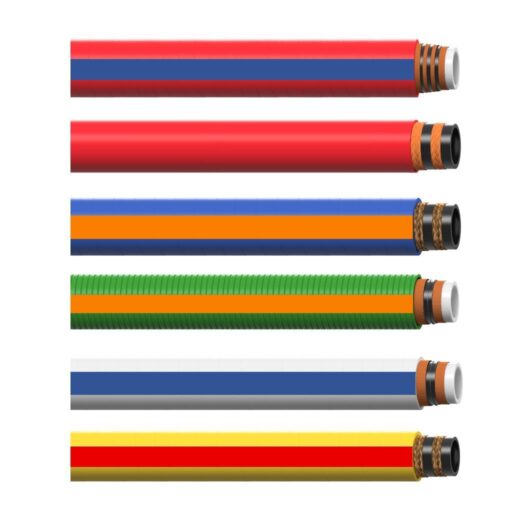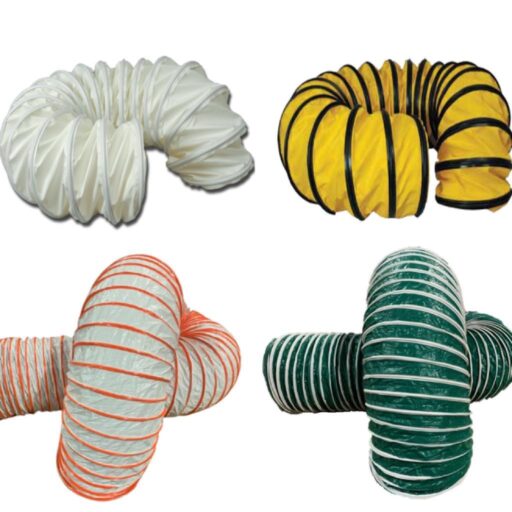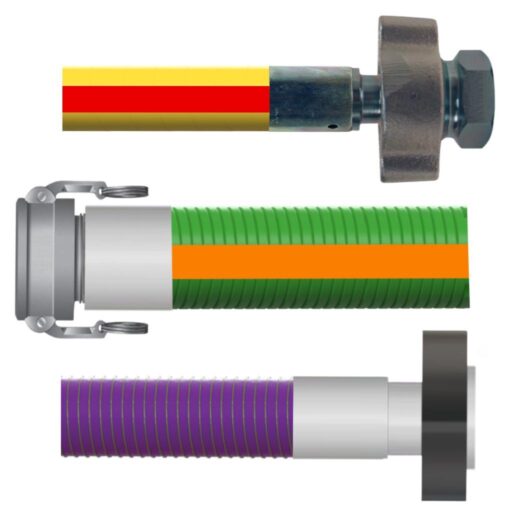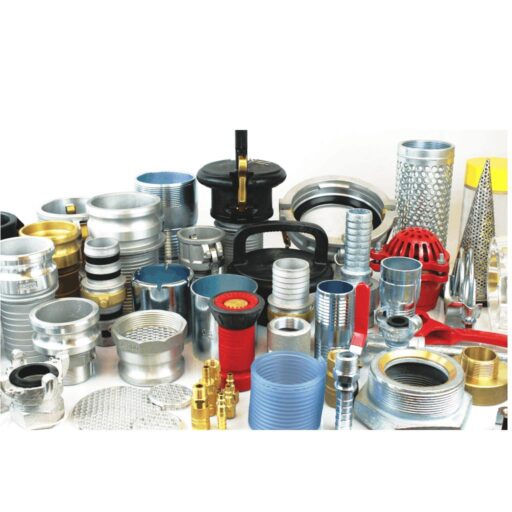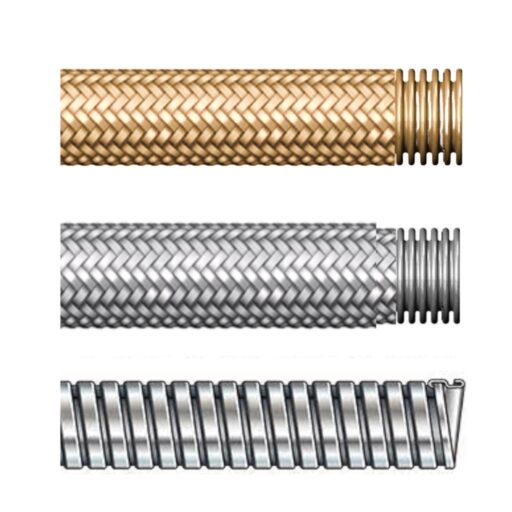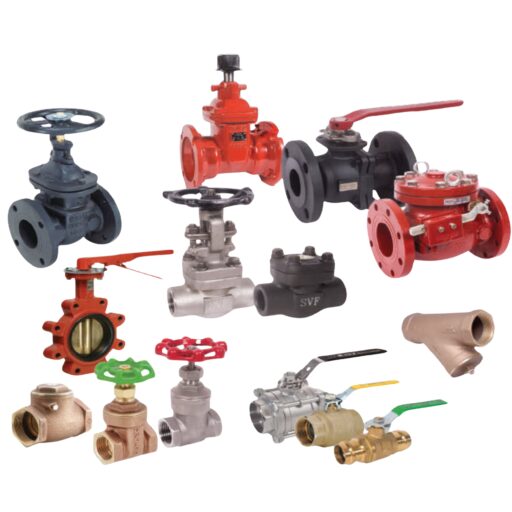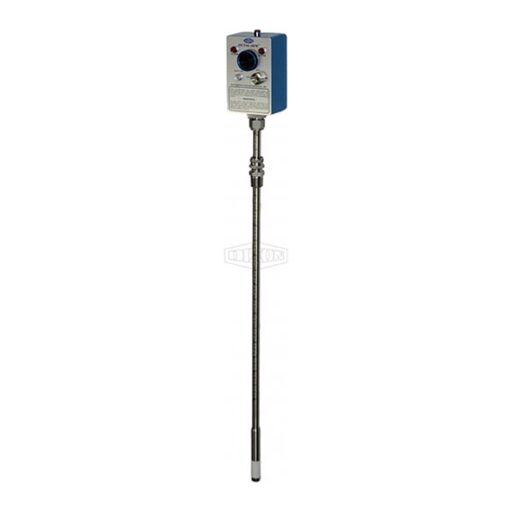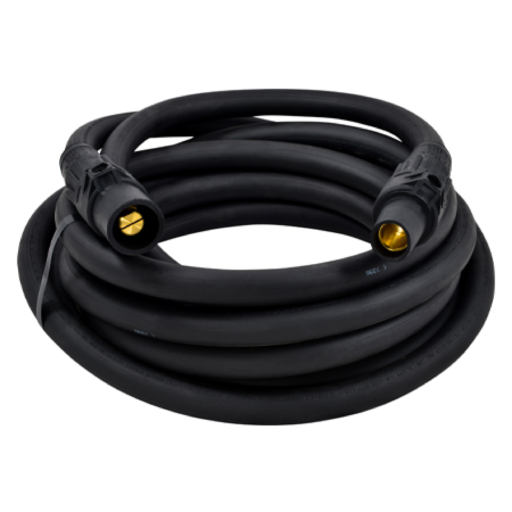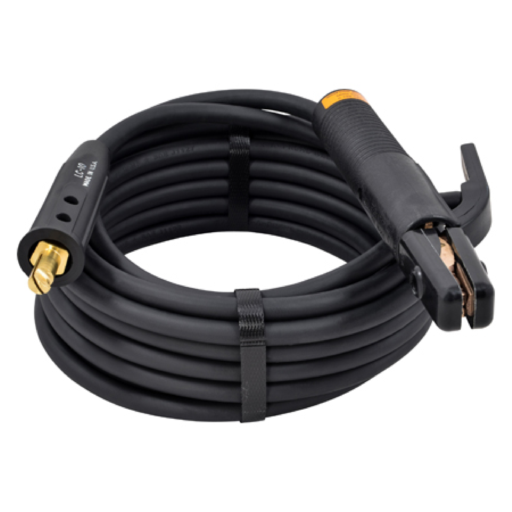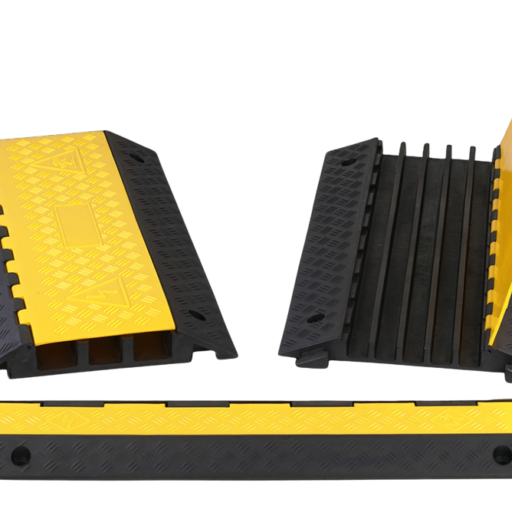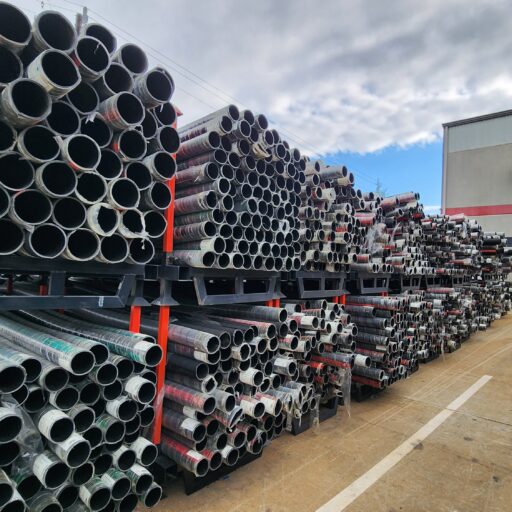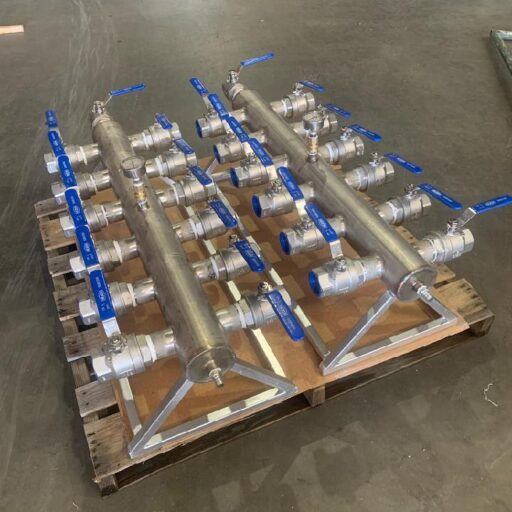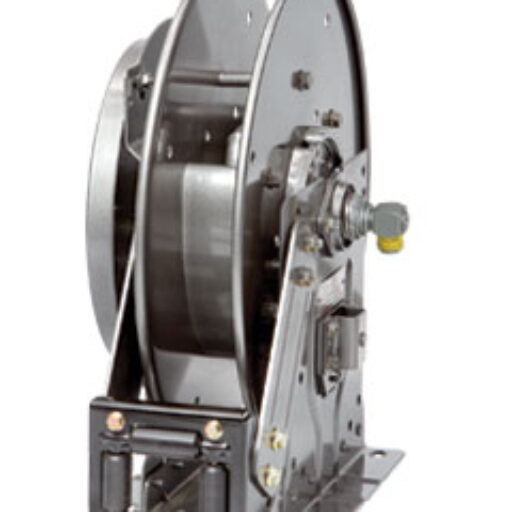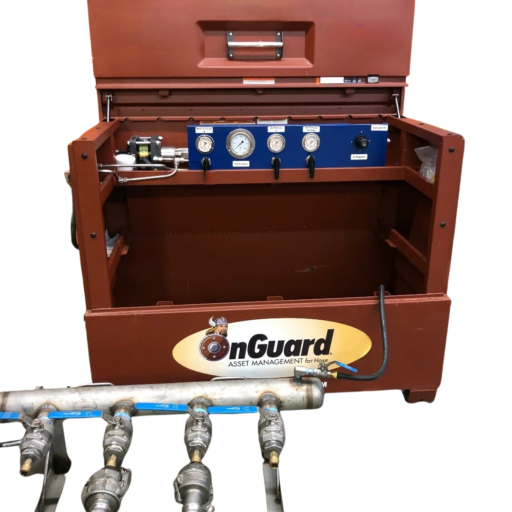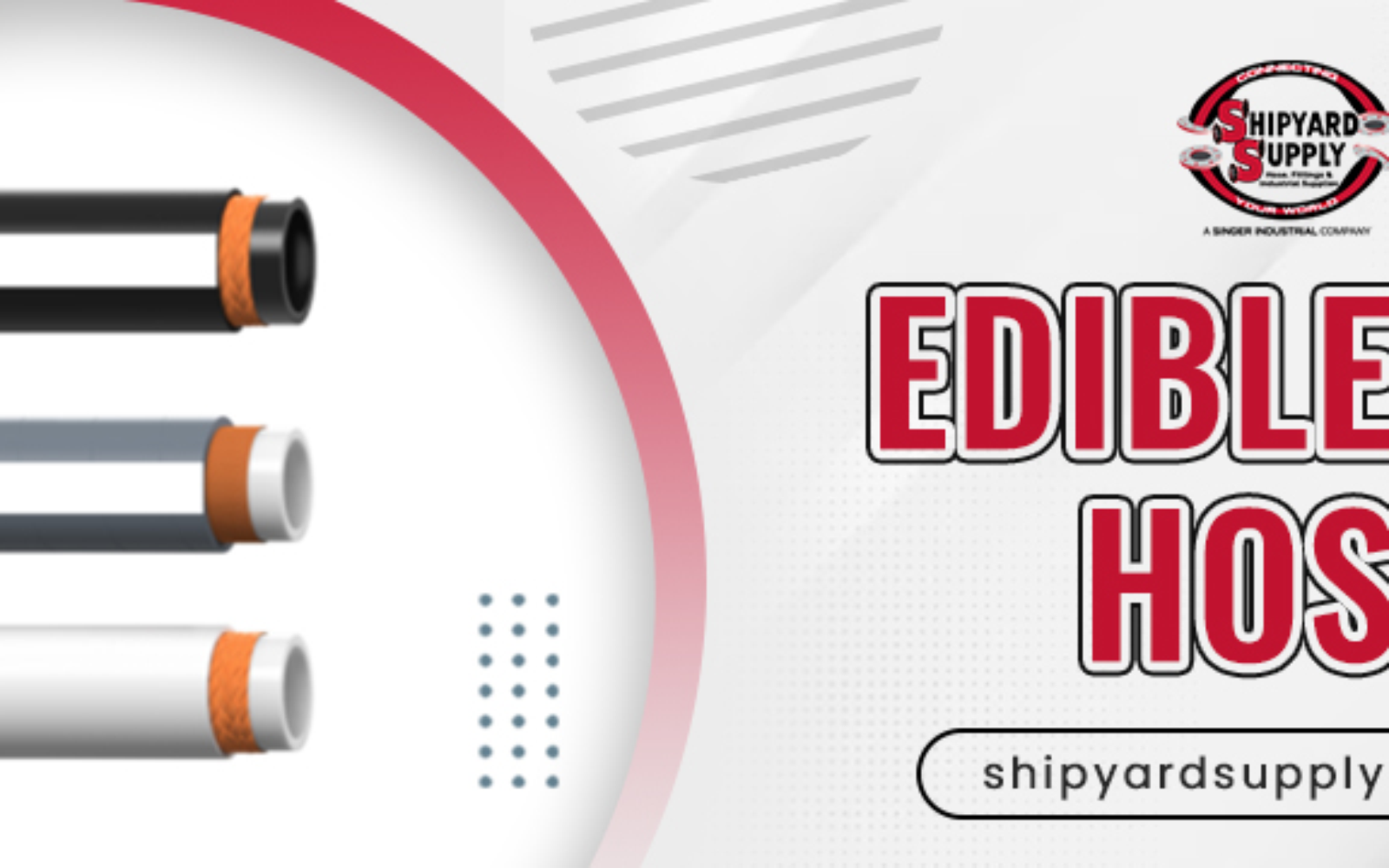In the food industry, edible oil is a staple ingredient in many cooking processes. This oil is used for various purposes in the food industry and in every kitchen of every home. So, it is very important to handle edible oil with strict hygiene and safety standards, as contamination can result in health hazards. In this situation, an edible oil hose is used to regulate proper hygiene. Before purchasing a hose, you have to know some important matters about it.

About an Edible Oil Hose
In the food processing business, a unique kind of hose called an edible oil hose is used to move edible oils, fats, and greases from one location to another. It is constructed using materials that adhere to food safety standards, guaranteeing that any chemicals or poisons that may be present in the hose won’t contaminate the food being processed.
Types of Edible Oil Hoses
There are different types of edible oil hoses, and they are classified based on their construction, material, and application. Here are the most common types of edible oil hoses:
PVC Hose
Polyvinyl chloride, a synthetic polymer that is widely utilized in many sectors, including food processing, is what makes up a PVC hose. It is lightweight and flexible, making it simple to handle and maneuver. PVC hoses, however, are not advised for the transmission of hot oil since they have the propensity to soften and lose their form when subjected to high temperatures.
Rubber Hose
Natural or synthetic rubber, which is renowned for its strength and flexibility, is what makes up a rubber hose. It is a flexible choice for the food processing sector since it can transport hot or cold oil. Rubber hoses cost more than PVC hoses, though.
Stainless Steel Hose
One kind of edible oil hose that is composed of stainless steel and is renowned for its durability and resistance to corrosion is the stainless-steel hose. It is a great option for hot oil transfer since it is appropriate for high-temperature applications. PVC and rubber hoses are less costly than stainless steel hoses.
Factors to Choose a Perfect Edible Oil Hose
If you are going to select an oil hose, you need to consider several factors. Here are some of the most important factors:
Material
The material used to make the hose should be compliant with food regulations. It should not contain any chemicals or toxins that may contaminate the food being processed. So, it is very important to choose a material that is considered toxin-free or chemical-free.
Temperature Range
The temperature range of the hose should be suitable for the application. If you are transferring hot oil, you should use a hose that can withstand high temperatures without melting or deforming.
Pressure Rating
The pressure rating of a hose must remain suitable for the application. If the pressure is too high, the hose may burst, resulting in a safety hazard. It is so vital to apply a proper pressure on a hose.
Hose Length
The length of the hose should remain suitable for the application. If the hose is too short, it may not reach the intended destination, while if it is too long, it may create a tripping hazard. So, the length of a hose is needed to apply according to your needs.
Maintenance and Care of Edible Oil Hoses
To ensure the longevity and performance of your edible oil hose, you need to take proper care of it. There remain some factors that need to maintain the longevity of an oil hose. Those factors are as follows:
- Clean the hose regularly to prevent the buildup of food particles and bacteria.
- Store the hose in a cool, dry place away from direct sunlight.
- Do not expose the hose to extreme temperatures or chemicals that may damage the hose.
- Inspect the hose regularly for signs of wear and tear, such as cracks, bulges, or leaks, and replace it if necessary.
- Use the hose only for its intended purpose and within its recommended temperature and pressure range.
- Avoid kinking or crushing the hose, as this can cause damage and reduce its effectiveness.
Bottom Line
This type of hose is an essential component in the food processing industry. It ensures that the edible oils, fats, and greases used in cooking processes are transferred safely and hygienically, without any risk of contamination. When choosing an edible oil hose, it is essential to consider factors such as material, temperature range, pressure rating, bend radius, hose length, and couplings. With proper care and maintenance, an edible oil hose can offer several benefits, including compliance with food regulations, safety, durability, and versatility. You can get further information about this hose and return ducting on our website, Shipyard Supply. Visit our site now!



